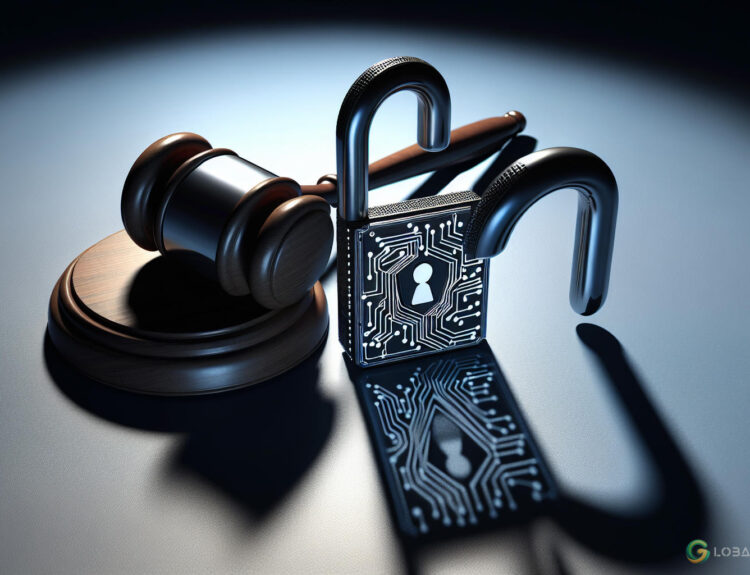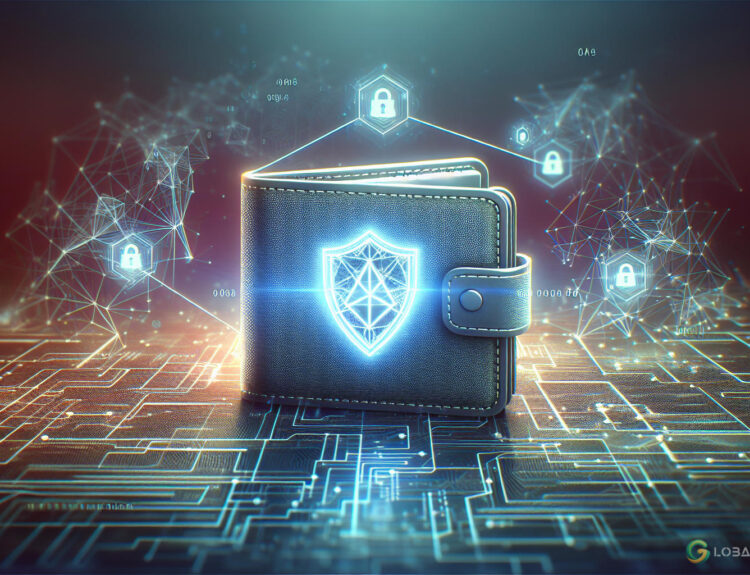“`html
Tether has unveiled plans to introduce PearPass, a serverless, open-source password manager designed to address the growing concerns over centralized data storage and security breaches. This announcement comes in response to a recently uncovered data breach that exposed a staggering 16 billion login credentials.
Tether’s Vision for Secure Password Management
Paolo Ardoino, Tether’s CEO, revealed the company’s upcoming project, PearPass, via social media. He emphasized the need for a decentralized approach to password management, stating, “The cloud has failed us. Again.” PearPass will operate fully locally, ensuring that user credentials are stored exclusively on personal devices, eliminating reliance on cloud infrastructure.
Ardoino highlighted the core principle behind PearPass: “Just you — and your keys, stored securely on your devices.” This approach aims to restore user trust by removing external points of failure and reducing the risk of surveillance or data breaches.
The Massive Data Breach: A Wake-Up Call
The announcement comes on the heels of what appears to be the largest confirmed data breach to date. Security researchers recently uncovered 16 billion login credentials in multiple datasets linked to infostealer malware. These datasets include sensitive information such as usernames, passwords, tokens, cookies, and metadata from major online platforms, including Apple, Google, Facebook, Telegram, GitHub, and even government portals.
Experts have warned that the exposed data is not outdated. Many of the credentials are recent, indicating they were likely stolen directly from infected devices. The structure of the datasets — URLs paired with login details — aligns with how modern infostealers operate, further confirming the data’s authenticity.
“This is not just a leak — it’s a blueprint for mass exploitation. With over 16 billion login records exposed, cybercriminals now have unprecedented access to personal credentials that can be used for account takeovers, identity theft, and phishing attacks,” researchers stated.
How PearPass Stands Out
PearPass distinguishes itself by being serverless and open-source, offering users complete control over their data. Unlike traditional password managers that rely on cloud storage, PearPass ensures that credentials never leave the user’s device. This eliminates the risk of centralized breaches and provides a layer of privacy that centralized solutions cannot match.
This initiative reflects a broader trend in the tech and cryptocurrency industries toward decentralization and self-sovereignty. As data breaches become increasingly frequent, tools like PearPass could play a crucial role in safeguarding personal and financial information.
What Can You Do to Protect Yourself?
In light of this massive breach, here are some practical steps to secure your online accounts:
- Enable Two-Factor Authentication (2FA): Add an extra layer of security to your accounts by enabling 2FA wherever possible.
- Use Unique Passwords: Avoid reusing passwords across multiple platforms. Opt for strong, unique passwords for each account.
- Regularly Update Passwords: Change your passwords periodically, especially for critical accounts.
- Be Cautious with Links: Avoid clicking on suspicious links or downloading attachments from unknown sources.
- Use a Password Manager: Consider adopting secure password management tools like PearPass to store and manage your credentials safely.
The Bigger Picture
While the recently exposed datasets were only available briefly before researchers discovered them, the frequency of such breaches is alarming. New datasets continue to surface, posing ongoing threats to personal and financial security. This underscores the importance of adopting robust cybersecurity practices and tools like PearPass to stay ahead of potential risks.
As the cryptocurrency and financial sectors grow, protecting personal data has become more critical than ever. By taking proactive steps to secure online accounts, users can reduce their vulnerability to cyberattacks and identity theft.
Stay informed about the latest developments in cryptocurrency, security, and finance to safeguard your digital assets and personal information.
“`























